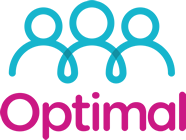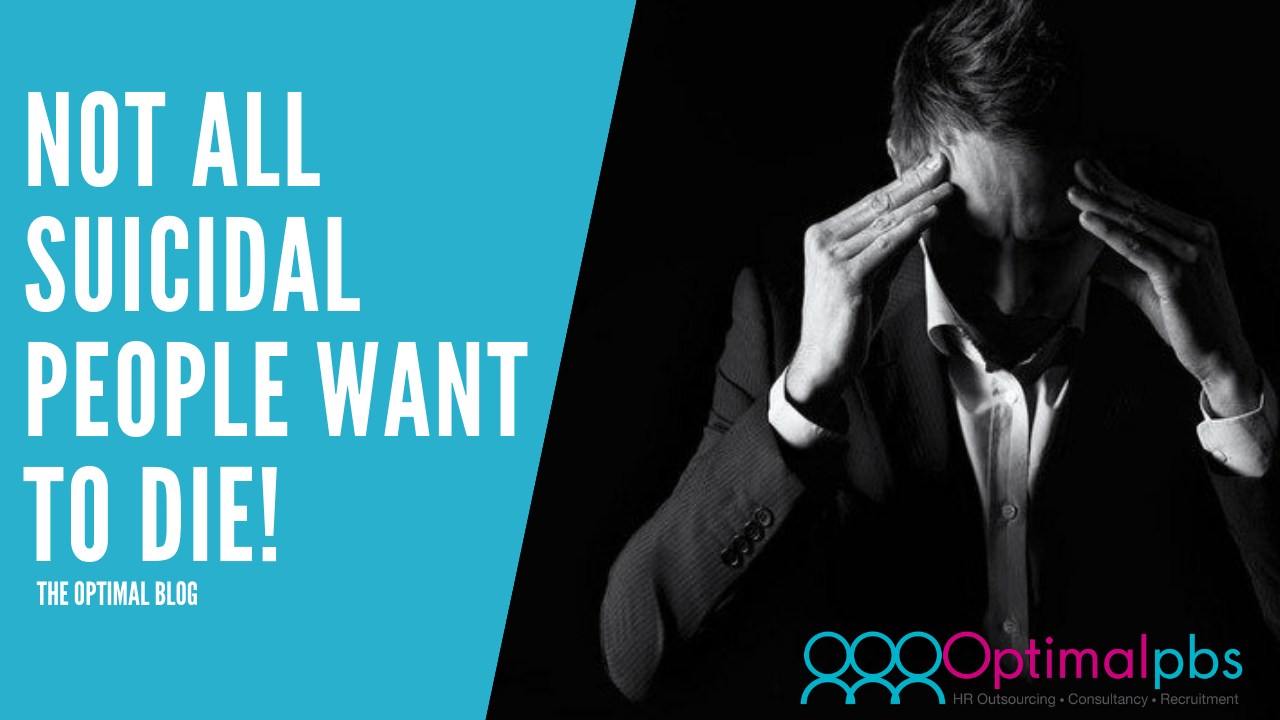Have you ever heard the saying “control your day before it controls you”? Well, there is a good reason for this. When you learn how you can choose to spend your time more wisely you have more chance of success. Events will occur throughout the day and it is how you chose to respond to these events that matters the most.
We offer a 3 Hour workshop that looks at the importance of Time Management. We teach the importance of using Time Management tools and share tried and tested methods to work smarter not harder!
For those unable to book or attend our sessions I thought I would share some tips and information here.
- Create a schedule and stick to it.
If you have lots of tasks with equal priority it can sometimes feel overwhelming. By making a to-do list you can easily refer to, it helps you to stay focused and can provide added momentum when you tick something off the list and feel a sense of achievement.
If you currently use a “to do list” why not take it to the next level and start adding timings to each task. You can do this simply by adding them to an outlook calendar and there are also lots of printable sheets to assist that can be found online. By adding timings to a to-do list it can help provide clear focus and help you stick to the task in hand. This really helps me as without a timed to do list I often jump from one task to another struggling to complete any!
- Dealing with distractions.
When working in a busy environment there can often be lots of distractions. If you are working to a timed schedule it can be easier to avoid distractions. For example, if other employees try to distract you to chat, you can advise them you are in the middle of a time critical task right now but can speak to them during your break. You will find they are accepting of this response and you can continue with your to-do list. Most of the time they may just want to chat about the weekend or the latest TV show so don’t feel bad about this, there’s always time to fit in social interactions.
Social Media sites use the same techniques as gambling firms to create psychological dependencies and ingrain their products in the lives of their users. This can be like an addiction and users may find it difficult not to get lost in Facebook every time they pick up their phone. You may find your mind wander so you pick up your phone and browse online. If this is the case for you, schedule in time for Social media and keep to these time slots only.
The only time I would advise you to break this is when you receive an email with the subject line “Treats in the kitchen”, when you receive that email you need to act fast as you know they won’t still be there in an hour’s time!
- Learn to say No
We can all be guilty of agreeing to things we don’t actually want to do. It could be as simple as unjamming the photocopier because you sit near it and nobody else seems to be able to manage it. If when asked to fix the copier next time, you said you were unable to as you were in the middle of something important, I’m sure your colleagues would be able to deal with it themselves if they had to. This not only leaves you to focus on the task in hand but you may also find, over time they stop asking you! Can you imagine never having to stick your hand in again with the fear of being burnt on the rollers!
- Don’t Decide, DO
Procrastination is the biggest killer of dreams! We can all waste time deliberating, but if we start straightaway we usually find the task is easier to take on and we reach the end goal quicker. Don’t allow your brain time to pick holes in your plans or find reasons not to go ahead. Just get stuck in and reap the rewards at the end.
- Decision fatigue
Researchers believe the human brain has a limited mental resource each day. Once it is used up we experience decision fatigue. Decision fatigue can have a mentally and physically draining impact rather like the lack of sleep. Decision fatigue can leave people struggling to make decisions and some may suffer with brain fog. Even a series of small decisions can cause a drop in quality decision making.
This seems quite surprising when as a society we are always demanding more choice. We want more TV shows, more clothing lines in stores, more variety in the supermarket, more choices on the menu when eating out, and so on. Have you ever been to a restaurant with a very limited menu? You have around 4 choices of main course and it seems really easy to choose. In contrast when arriving at a restaurant with pages of endless choices the decisions can be quite overwhelming and take a lot longer.
These days just ordering a coffee can be a daunting task with so many different blends before you even get started on the milk!
So how can we try and combat decision fatigue?
Focus on what really matters
Make sure the urgent and important items are prioritised and ticked off the list first. Schedule any important meetings or tasks that require decisions for mornings when you are most alert.
Start by defining daily decisions and see which ones you can streamline. One of the first decisions we make on a daily basis is what outfit to wear. Mark Zuckerberg along with Steve Jobs and Barack Obama decided to take this decision away. They all own a series of the same suit, jeans and T-shirts so each morning they can retrieve any from their wardrobe without having to make a choice.
“I really want to clear my life to make it so that I have to make as few decisions as possible about anything except how to best serve this community” — Mark Zuckerberg
If you don’t want to wear the same outfit every day you could select this the night before and leave it out ready for the morning. That way you can wake and dress with one less decision, reserving that brain power for more important items. There are also other decisions we can make in advance.
Most people’s second decision is what to have or where to go for breakfast. Meal prepping is a good way to take away meal decisions, you could save yourself 3 decisions every day by doing this. When I have a demanding work schedule in the week ahead, I always spend my Sundays preparing. I make batches of food I can just pick up and eat or quickly reheat. I organise my outfits for every day and line them up in order, I even prepare any items I need to take with me. When I do this my week always goes smoothly and seems like there is less pressure. When I don’t prepare, I can sometimes feel unable to juggle everything and this can lead to me skipping meals which can have a big impact on my mood and energy levels. Eating a balanced diet with regular meal times and sufficient water, plays a big role in how much focus and energy we have so skipped meals can be very detrimental.
Once you get into a routine of doing these things continually, they become a habit.
“…Allow the extraordinary power of habit to take over. At that point, we’re free from the need to decide and the need to use willpower.” – Gretchen Rubin
My advice would be to start small, make little changes and notice the benefits. Look at it as managing your choices, rather than managing your time.
If you would like to look into this topic further and find out more of our tips why not book one of our Time Management Sessions. We currently deliver these in our Training Rooms in Halifax and can be booked to deliver in house workshops.









